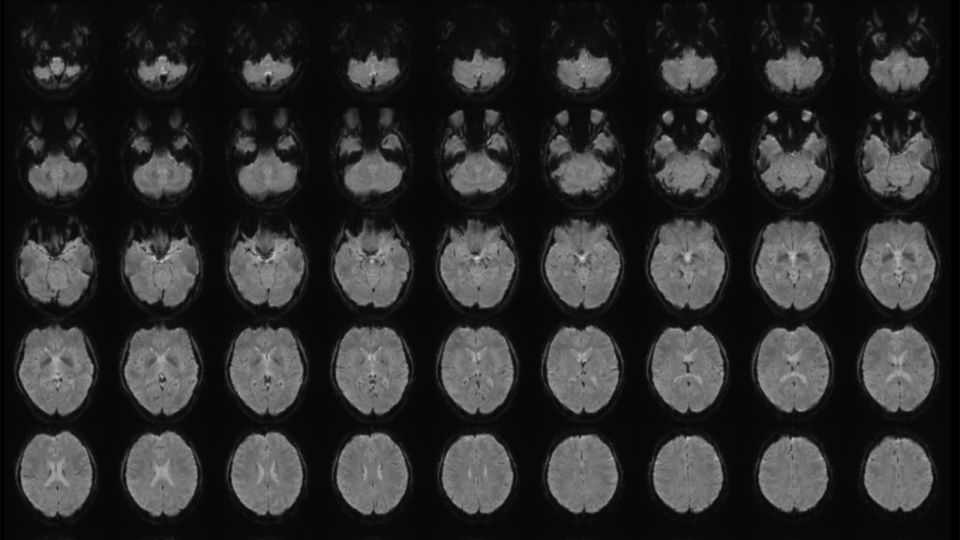Home / Science / Japanese Scientist Develops "Mind-Captioning" Tech to Translate Thoughts
Japanese Scientist Develops "Mind-Captioning" Tech to Translate Thoughts
15 Nov
Summary
- AI system generates descriptive text from brain scans
- Technique could assist people with communication challenges
- Raises ethical concerns around privacy and mental data access

On November 5, 2025, a study published in the journal Science Advances revealed a remarkable breakthrough in the field of brain-computer interfaces. A Japanese scientist, Tomoyasu Horikawa, has developed a technique that can translate a person's mental images into detailed, descriptive sentences using brain scans and artificial intelligence.
Horikawa's "mind-captioning" method works by analyzing brain activity patterns and matching them to numerical sequences representing visual details like objects, places, actions, and relationships. An AI system then generates word sequences that best correspond to the decoded brain activity, effectively "reading" a person's thoughts and turning them into language.
While previous research has focused on translating the words we think into text, Horikawa's approach represents a significant step forward in decoding the complex mental imagery that shapes our inner experiences. The technology holds promise for assisting people with communication challenges, such as those with aphasia or amyotrophic lateral sclerosis (ALS).
However, the study also acknowledges the ethical concerns raised by this breakthrough. The ability to access and potentially disclose an individual's private thoughts before they are verbalized raises serious privacy issues. Experts warn that strict regulations and user-controlled mechanisms will be crucial as this technology continues to evolve.
Horikawa notes that the current method requires extensive data collection and is not yet accurate enough for practical use. Nevertheless, the successful demonstration of "mind-captioning" represents a remarkable advancement in the field of brain-computer interaction, with both exciting potential and complex ethical implications.



